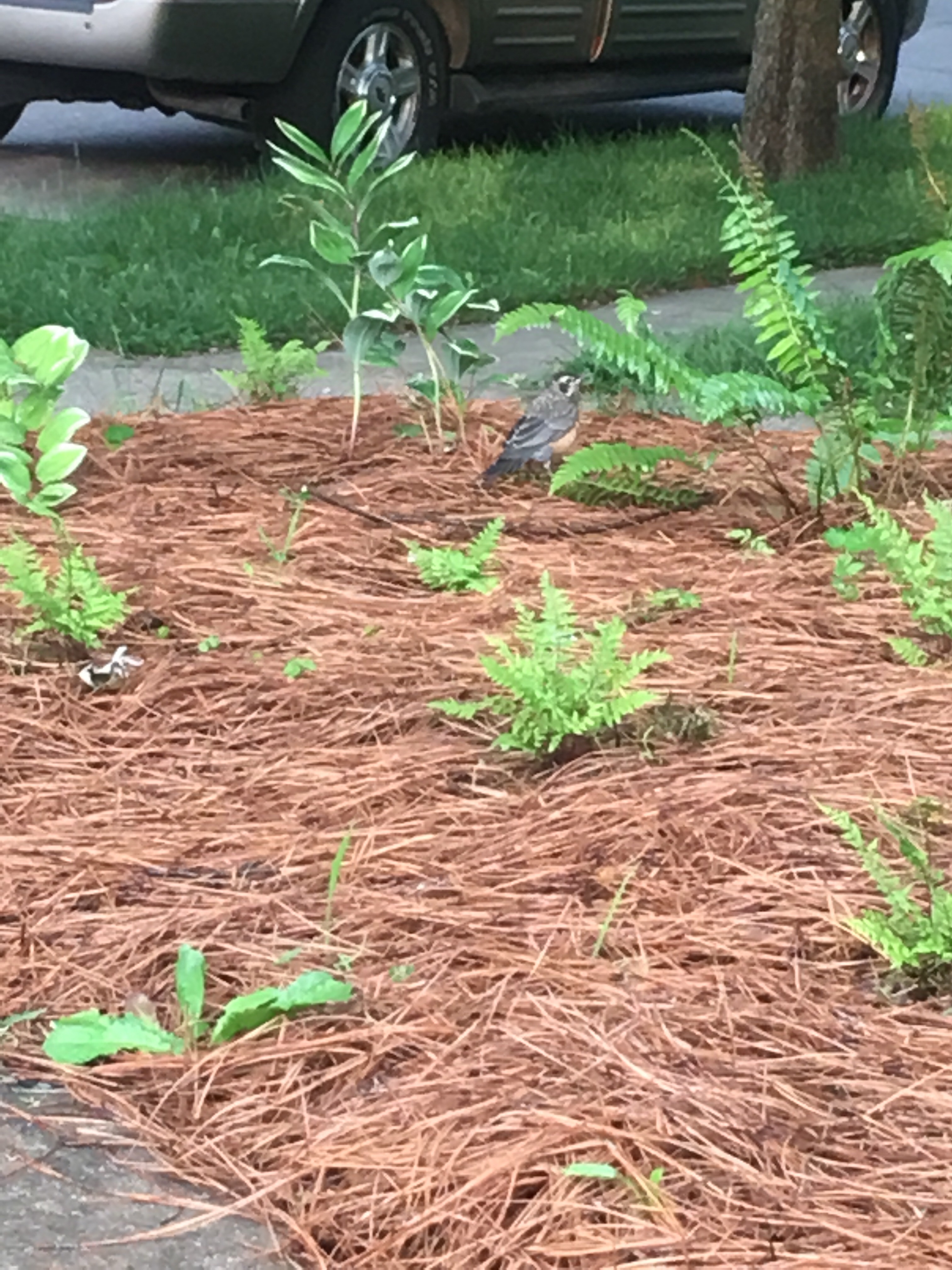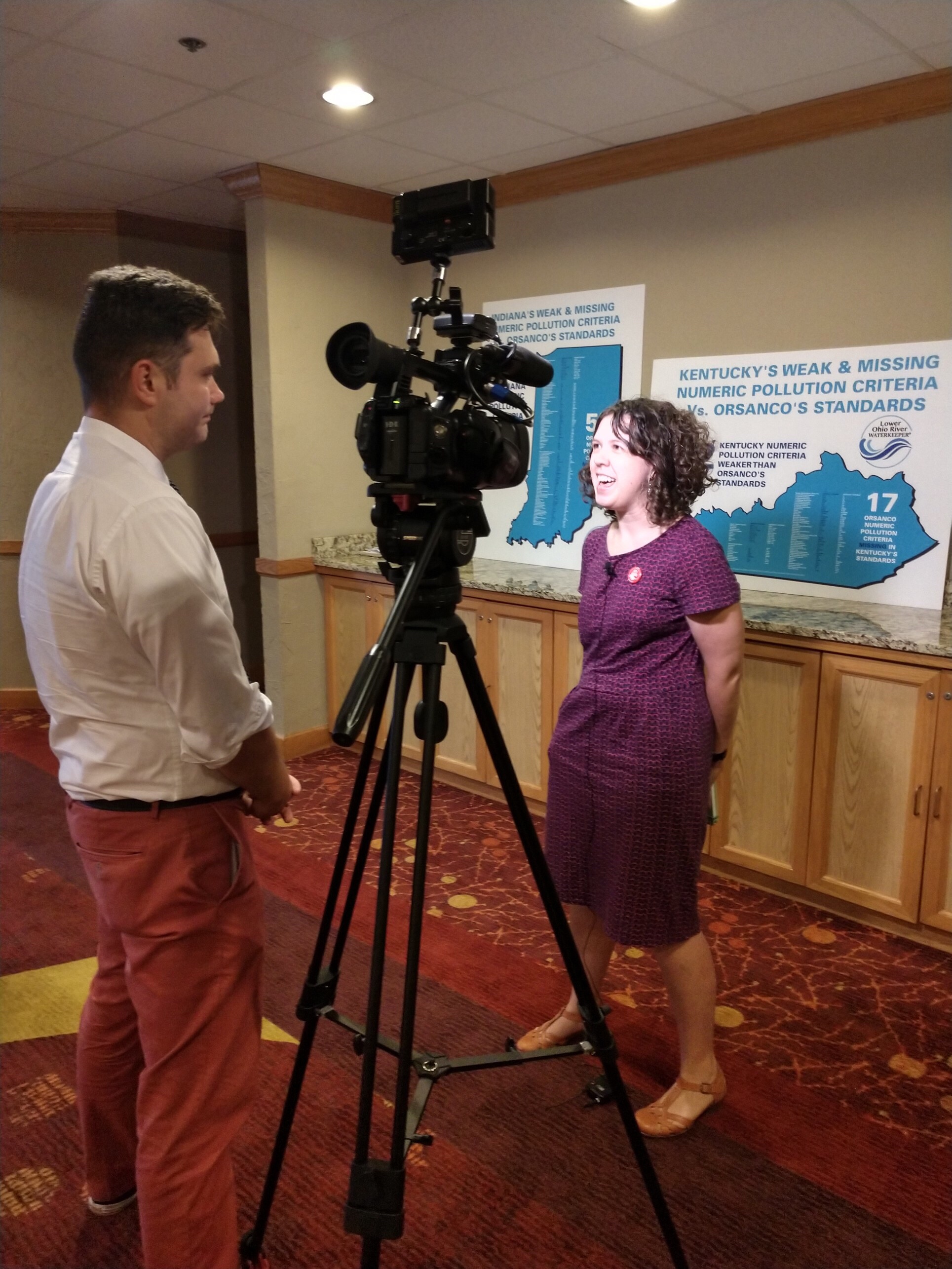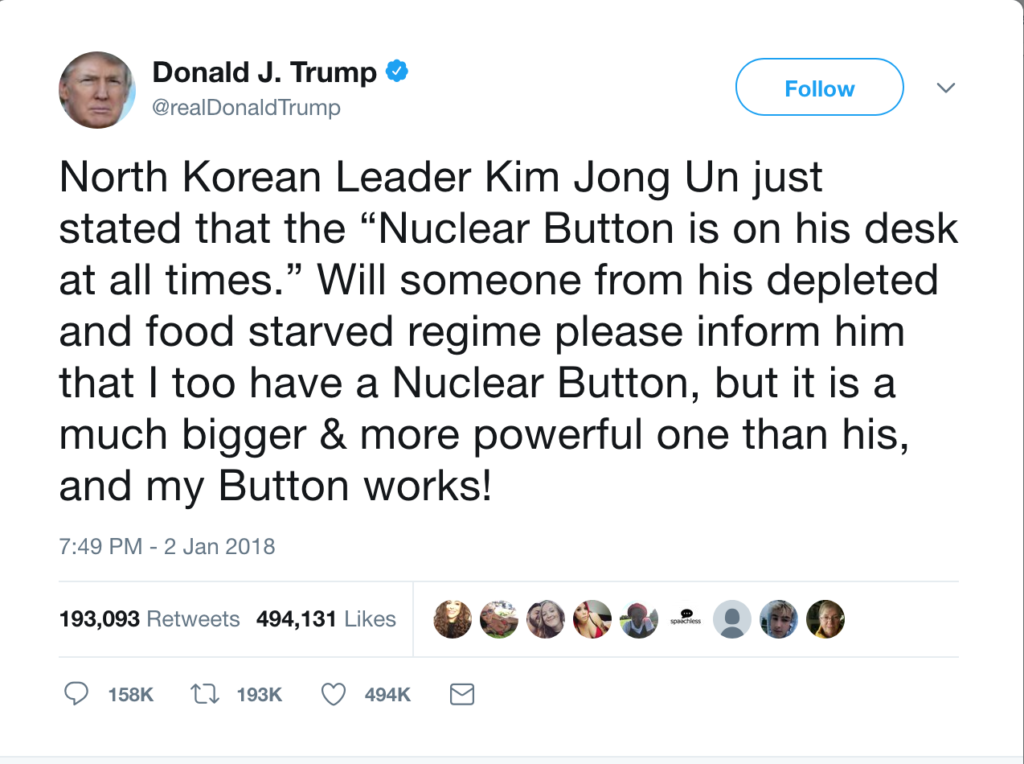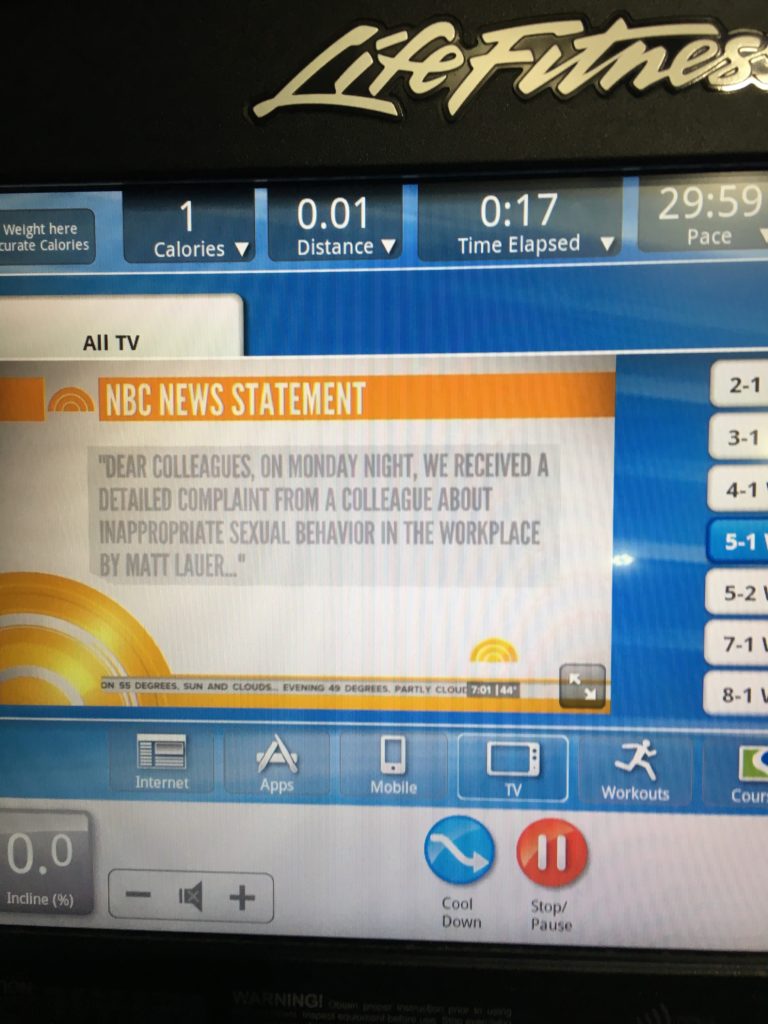I got tenure (and what that means)
Yesterday the University of Cincinnati (UC)’s Board of Trustees officially approved my application (and dozens of other faculty members!) for tenure and promotion. It’s the culmination of a nearly year-long review period, and I’m still processing my feelings around what it means to get tenure, both on a personal level and in the larger context of higher education at the moment. The way I often handle my feelings is through writing, and while I’ve been doing a lot of private writing (towards the end of the waiting game, I kept a notebook in my work desk that said TENURE ANXIETY on the front and I wrote in it whenever I started freaking out), I’m taking opportunity to talk about what this means in a more public space.
As I went through the tenure process, I realized going up for tenure is a very mysterious thing to folks who don’t go through it themselves. Like most major life experiences, it’s hard to fully explain to anyone who hasn’t gone down the same path, which can make it feel very isolating and lonely. But because tenure is a significant personal milestone, while also being implemented very unevenly for academic librarianship, and while also dramatically eroded across higher education, I think it’s worth shedding some light on what it means and what it took (for me) to get to this place.
In colleges and universities, tenure is the ultimate job security for faculty – you’ll often hear people refer to it as a “job for life.” According to the AAUP, “a tenured appointment is an indefinite appointment that can be terminated only for cause or under extraordinary circumstances such as financial exigency and program discontinuation.” The way this works for pre-tenure (i.e. tenure-track) faculty is that after a probationary period of typically 5-6 years (though sometimes longer depending on disciplinary or institutional circumstances), a faculty member goes through a rigorous review process in which their work is evaluated by a series of reviewers. The criteria for achieving tenure varies radically across disciplines and universities. Some folks going up for tenure are in colleges or departments with very specific tenure expectations (e.g., you must publish X-number of articles in a specific set of highly-ranked journals), while others have more ambiguous criteria. If you do not get tenure, you typically have the remaining time in your probationary period to stick around, but then you are out of your job.
At many institutions, there is usually some type of pre-tenure review or reappointment at least a couple years before tenure. The idea behind this is to make sure you’re on the right path to eventually achieve tenure. For UC library faculty, it is not uncommon to be go through two reappointment periods prior to going up for tenure, during which you submit a dossier similar to the one you eventually compile for tenure. I started as an assistant librarian in late 2013, went up for reappointment and promotion in 2015, and went up for reappointment again in 2017. For reappointment you only have to describe and document your work under that specific period of review, but going up for tenure requires a review of your entire duration since you began your tenure-track position.
In order to apply for tenure, you have to submit a dossier that documents the last several years of your work and demonstrates clear growth, as well as an upward trajectory showing that you will continue to be a valued part of the university. You can review statement (which functions as a general overview of why I met the criteria for tenure and promotion) and the criteria for Library Faculty. At UC, we have an electronic dossier system, and we supply documentation as evidence showing how we meet the criteria for reappointment/promotion/tenure. In addition, we include copies of our CV, job description, recommendations from our supervisor, and letters of recommendation. My dossier included dozens of pieces of evidence including everything from records retention schedules I’ve written to my peer-reviewed journal articles to letters from leaders in the archival profession.
The first level of review is the Library Reappointment, Promotion, and Tenure (RPT) committee. Assuming the RPT committee recommends your application, then it goes to the Dean. Assuming the Dean recommends it, then it goes to the Provost. The Provost then makes a recommendation on your case to the University Board of Trustees. Then the Board of Trustees approves a long list of recommendations from the Provost. This process varies between universities (and even between colleges at UC), but in all cases, the idea is that your case goes through multiple levels of review (and usually in at least one early stage, the reviewers write a thorough evaluation of your work), often by people who don’t know much about your discipline, job duties, or areas of research.
I submitted my application for tenure and promotion in October 2018. I had been working on my dossier for several months before that, and it’s a good thing I did because about 6 weeks before the deadline to turn everything in, my dad had a massive stroke (which followed a number of very stressful hospitalizations earlier in the year for other issues he had). I am my father’s primary family member, and so I was dealing with visiting him in the hospital, then a rehab facility, and finally getting him into assisted living all while finalizing a dossier about the future of my job. I’m glad to say my dad pulled through the stroke OK, given his age, general frailty, and previous hospitalizations that year. But the toll my dad’s stroke took, combined with having to empty out and sell his condo in order to keep paying for assisted living, made an already inherently stressful year of waiting for my future to be decided even more fraught. I would not have managed to get through all of this had it not been for the immense support that my husband, my mom, and some very close friends provided to me.
After my dossier was submitted, the waiting game began. The Library RPT committee recommended me for tenure and promotion at the end of November 2018, and the Dean recommended me in January 2019. I received notice of the final recommendation from the Provost in early June, and the Board approved it a few weeks later. The entire process from submission to approval took over 9 months, but of course if you include the dossier preparation, the experience of going up for tenure took well over a year.
I worked very hard to get tenure – and I also got a tons of help getting here, and a lot of luck in ending up in a tenure-track position in the first place. I am very conscientious of how many wonderful and worthy people have been chewed up by institutions that rely far too much on precarious labor. First, tenure-track and tenured positions are declining across higher education while adjunct and contractual positions (i.e., positions with quite a bit of precarity and less stability) now represent the majority of faculty positions. There are multiple reasons for this, and I recommend looking at some of the reports from AAUP. Second, the faculty status and tenure status of academic librarians is all over the place – some academic librarians have faculty status but do not have tenure, some have a tenure-like situation which is not called tenure, some have neither, some have both. There is an entire website dedicated to academic librarian professional status categories, since some RPT committees at other universities require external reviewers who have both faculty and tenure status at their institutions.
I know how profoundly, wildly, fortunate I am to get tenure. I crave stability (it will surprise absolutely none of you at this point to learn I’m a Capricorn through and through), and Cincinnati is my hometown. I got my start in archives as a student worker in the library where I am now tenured. I’ve been educated or employed at UC almost all of my adult life, except for my 5-year detour in New Orleans, where I spent the earliest years of my archivist career and met my husband. Being able to continue to work as an archivist at a place where I have deep roots is exactly what I was hoping for. I know that the entire framework of higher education is fragile – particularly for those of us in the public sector. I feel a sense of relief that this process finally came to a happy end, but also a deep awareness that this is not a feeling many people who work in this field get to have.









